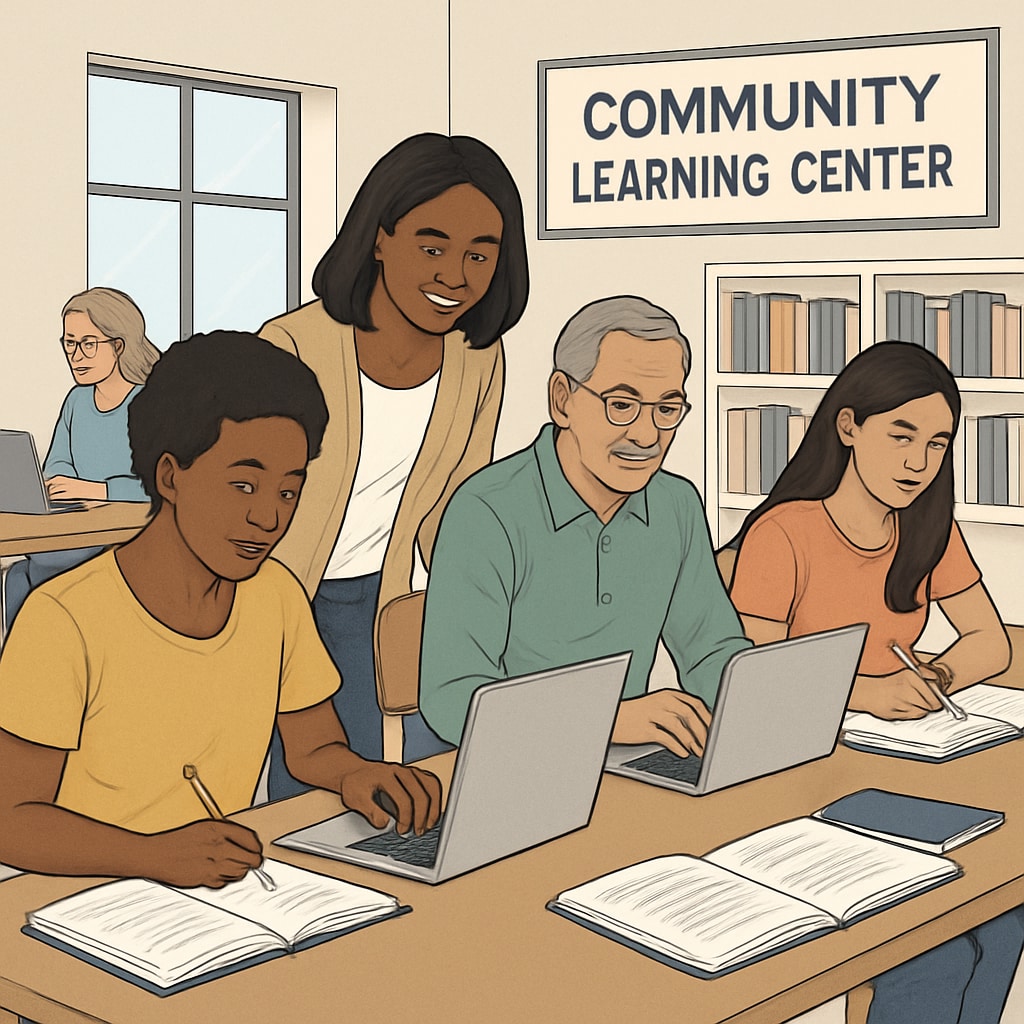Early education deficiencies can significantly impact an individual’s academic and social life, often creating learning difficulties that persist into adulthood. These gaps in foundational knowledge may hinder career progression, limit opportunities, and erode self-confidence. However, it is never too late to address these challenges and bridge the education gap. With determination and the right strategies, adults can overcome early learning deficiencies and rebuild their confidence in learning.
Understanding the Impact of Early Education Gaps
Early education plays a crucial role in shaping cognitive, emotional, and social development. Missing key learning experiences during childhood can lead to long-lasting effects, including difficulties in reading, writing, and numeracy skills. For example, struggling with foundational mathematics or language comprehension can make advanced learning feel overwhelming. Beyond academics, these gaps can also influence interpersonal skills, such as communication and teamwork, potentially affecting workplace performance and social relationships.
Research from Wikipedia’s Educational Inequality page highlights the far-reaching consequences of unequal access to quality education, emphasizing the need for structured interventions to address these disparities.

Practical Strategies for Overcoming Learning Deficiencies
Adults facing educational gaps often feel intimidated by the prospect of learning subjects they struggled with during childhood. However, targeted approaches can make bridging these gaps more achievable. Below are practical strategies to help adults overcome foundational knowledge deficits:
- Start Small: Focus on one area at a time, such as improving basic numeracy or language skills. Breaking learning into manageable chunks reduces overwhelm.
- Leverage Online Resources: Platforms like Khan Academy and Coursera offer free or affordable courses tailored to foundational learning.
- Seek Professional Support: Enroll in adult education programs, hire tutors, or attend workshops catered to adult learners.
- Practice Consistently: Dedicate a specific time each day to learning and reinforcing concepts to build a routine.
- Join Peer Learning Groups: Collaborating with others facing similar challenges fosters motivation and shared knowledge.

Building Confidence Through Lifelong Learning
Overcoming educational deficiencies is not just about acquiring knowledge; it’s also about rebuilding self-confidence. Adults often carry the stigma of past failures, but embracing a growth mindset can transform their learning journey. Lifelong learning encourages individuals to view challenges as opportunities for growth rather than obstacles.
Engaging in continuous education also promotes mental stimulation, boosting creativity and problem-solving skills. According to Britannica’s page on lifelong learning, this approach is key to adapting in a rapidly changing world, fostering both personal and professional development.
In addition, celebrating small milestones—such as mastering a concept or completing a course—helps maintain momentum and motivates learners to keep pushing forward.
Conclusion: Turning Challenges Into Opportunities
While early education gaps can pose significant challenges, they are not insurmountable. Adopting structured strategies and maintaining a positive mindset can empower adults to address foundational knowledge deficiencies. By committing to lifelong learning and leveraging available resources, individuals can overcome these barriers, unlocking greater opportunities and achieving personal growth.
Remember, education is a journey, not a destination. No matter where you start, every step forward counts.
Readability guidance: Use short paragraphs and concise sentences to enhance clarity. Integrate lists to summarize key points. Employ transition words like “however,” “in addition,” and “for example” to improve flow and coherence.


